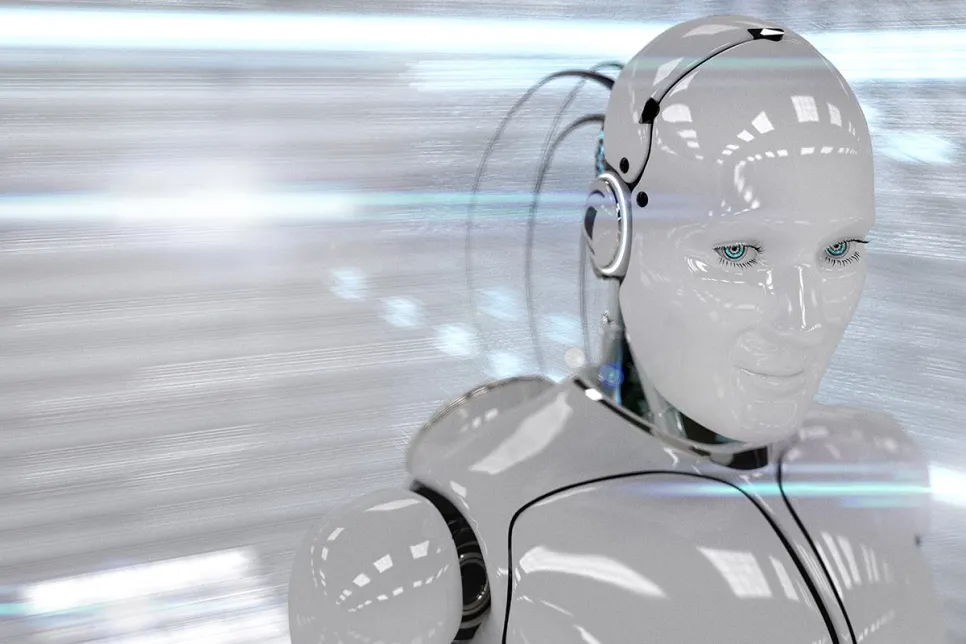The idea that automation will drive up unemployment or drive down wages has become almost an article of faith for many Americans, according to Bloomberg.
Everyone can point to instances of automation reducing demand for certain workers. And with AI improving rapidly, there’s widespread worry that many humans will simply be made obsolete. News outlets are full of eye-grabbing forecasts of the percentage of jobs that will be replaced.
But those estimates are little more than guesswork. The truth is, nobody knows how many jobs will be replaced by automation, or how automation will affect wages and inequality. There’s the possibility that AI, rather than replacing workers, will mostly just allow them to do their jobs more easily. And even as some jobs are eliminated, new ones will pop up, possibly at higher wages.
That may involve painful, stressful transitions for people who have to switch jobs, but it doesn’t represent a robot apocalypse. In fact, it would be exactly what happened in the Industrial Revolution. So far, broad trends don’t look like they show a robot takeover. Prime-age employment rates are healthy at about 80 percent. Meanwhile, wages now are rising fastest at the lower end of the income distribution, not the kind of pattern one would expect to see in a world where low-skilled workers are competing with robots.
Despite the lack of evidence for a robot takeover in the present, people are still worried about the future. Unfortunately, it’s very hard to extrapolate from current trends, especially since technology changes in such unpredictable ways. To overcome this uncertainty, economists have started turning to mathematical theories.
Economic theory can shed some light on the relationships between technology, jobs and wages, but it can’t give any definitive answers. There are just too many unknowns. The only thing we humans can do is wait and see how technology affects the labor markets of the future, and adjust our policies accordingly. If robots and humans work together in harmony, so much the better. And if robots start to displace lots of people, schemes like basic income will become necessary. Should robots turn out to be versatile enough to replace everything humans do, there will certainly be enough wealth to go around.



















